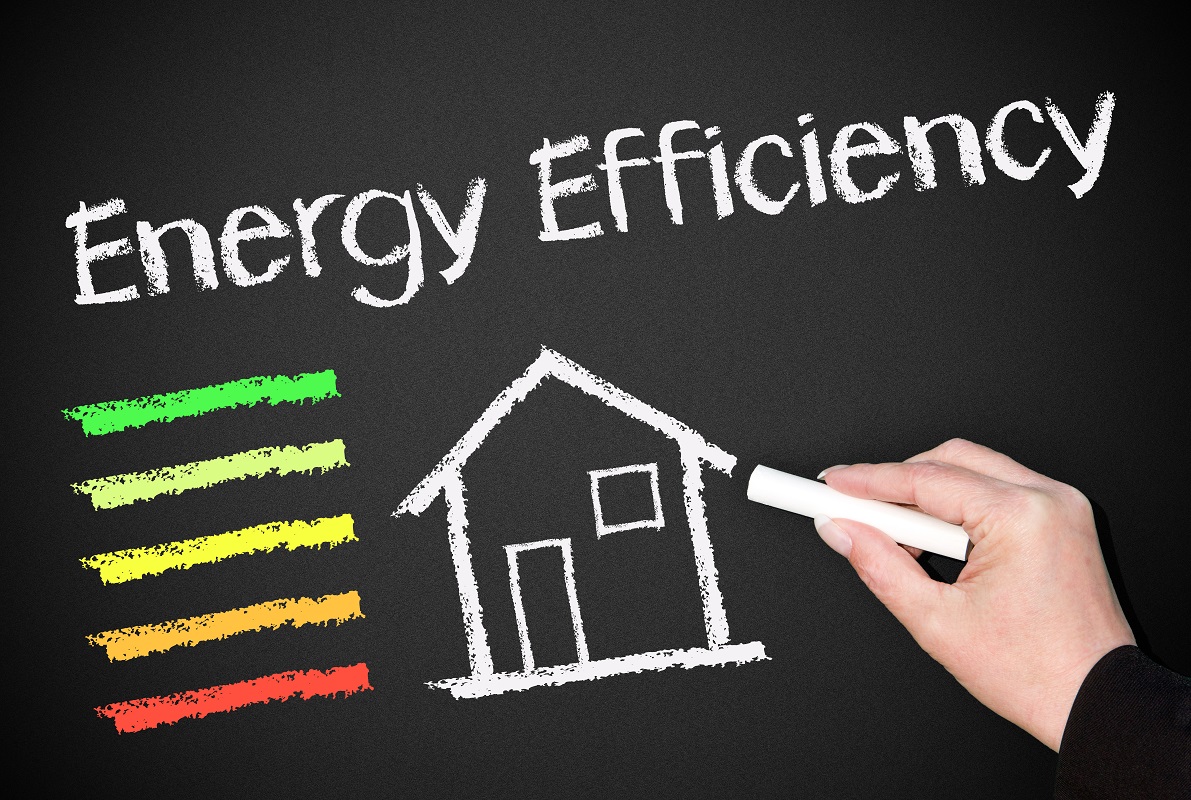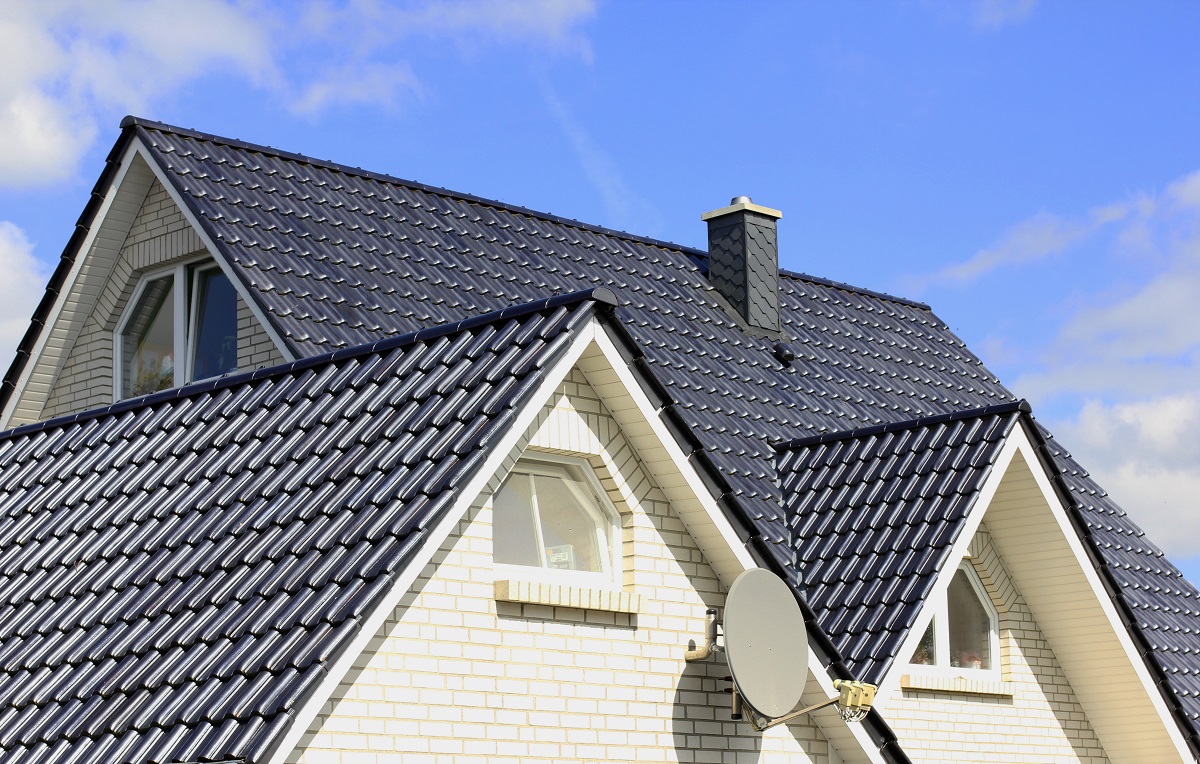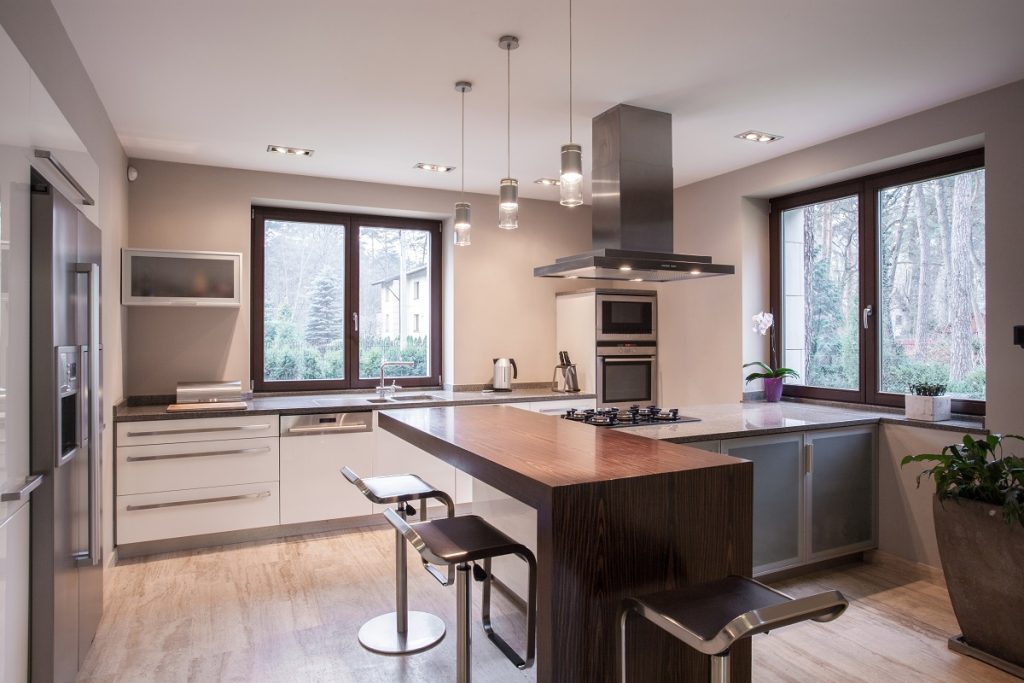- Proper ventilation is crucial in maintaining good indoor air quality and preventing health problems caused by pollutants and molds.
- It also helps save energy by regulating temperature and reducing strain on HVAC systems.
- Moisture can cause damage to homes, and ventilation helps keep it at bay while reducing unpleasant odors.
- Installing a chimney and vents and maintaining HVAC systems are ways to improve home ventilation.
When you think about home maintenance, you often focus on cleaning, organizing, and repairs. But one crucial aspect that often goes overlooked is ventilation. Proper ventilation is essential to maintain good indoor air quality and prevent the buildup of potentially harmful pollutants. Here’s what you need to know about ventilation in your household.
What is Ventilation?
You might have a general idea of how ventilation works in the home, but it’s essential to understand the specifics. Ventilation is introducing and circulating outdoor air into your living spaces. This can be done through natural ventilation, where windows and doors are opened throughout the day, or mechanical ventilation, which uses fans and duct systems to bring fresh air indoors. Here are some benefits of proper ventilation and how you can improve it.
Health Benefits of Proper Ventilation
Indoor air has a chance to be more polluted than outdoor air. Because of this, poor ventilation can lead to various health problems, including headaches, fatigue, allergies, and respiratory issues. This is because indoor air can become stale and polluted with harmful substances like mold, dust, and chemicals without proper airflow. Proper ventilation helps remove these pollutants and the moisture that can lead to mold growth, making your home healthier for you and your loved ones.

Energy Efficiency
Proper ventilation also plays a role in energy efficiency. Without it, your HVAC system will have to work harder to heat or cool your home, leading to higher energy bills. By allowing proper airflow, you can regulate the temperature in your home more effectively and reduce the strain on your HVAC system. This means that proper ventilation can save you money and increase the lifespan of your heating and cooling system.
Preventing Damage to Your Home
Moisture is a significant threat to your home, and without proper ventilation, it can easily accumulate and cause extensive damage. Excess moisture can lead to mold growth, damaging your walls, ceilings, and floors, and potential health risks. Proper ventilation helps keep moisture at bay and prevents costly repairs.
Improving Comfort
Proper ventilation also plays a key role in improving your comfort levels at home. Airflow helps regulate temperature, control humidity, and prevent stale air from building up. This is especially important in areas like the kitchen or bathroom, where moisture can accumulate quickly. Good ventilation can also help reduce odors, making your home feel fresher and more pleasant to spend time in.
Reduces Odors and Cooking Fumes
Cooking fumes and smoke can circulate through your home and linger in the air without proper ventilation. This can lead to unpleasant odors and health problems as well. Adequate ventilation in your kitchen can help remove these fumes and reduce the risk of respiratory problems. These ventilation systems should be designed for your specific situation and properly installed and maintained.
How to Improve Ventilation in Your Home
There are various ways you can improve ventilation in your home. Here are some of those ways:

Install a Chimney
Installing a chimney is one of the best ways to improve ventilation in your home. A chimney acts as an exhaust for fumes and smoke, helping keep the air fresh in your living spaces. However, it’s also essential you repair it over time. That’s why knowing a local chimney stack repair service is essential. This service can help you ensure your chimney is in proper working condition and helps remove unwanted fumes and smoke.
Install Vents
Vents are another great way to allow airflow into different rooms in your home. These can be located on windows, walls, or doors and should be appropriately designed for your space. This will ensure the air is circulated correctly and help keep your indoor air quality at its best.
Keep Windows Open
Natural ventilation from fresh outdoor air can also be beneficial if you have windows. Keeping those windows open throughout the day can allow outside air to come inside, helping reduce odors, smoke, and other pollutants.
Maintain Your HVAC System
Last, but not least, it’s also vital to maintain your HVAC system. This includes the filters and ensuring all the ducts are clean and in working order. Doing so will help optimize airflow throughout your home and ensure your heating and cooling system runs efficiently.
By understanding the importance of ventilation and how it affects your home, you can ensure that your living spaces are healthy and comfortable. Take some time to check these methods and ensure they’re in good condition throughout the year. Doing so will help you save money, keep your family safe from pollutants, and maintain healthy indoor air quality for years.
